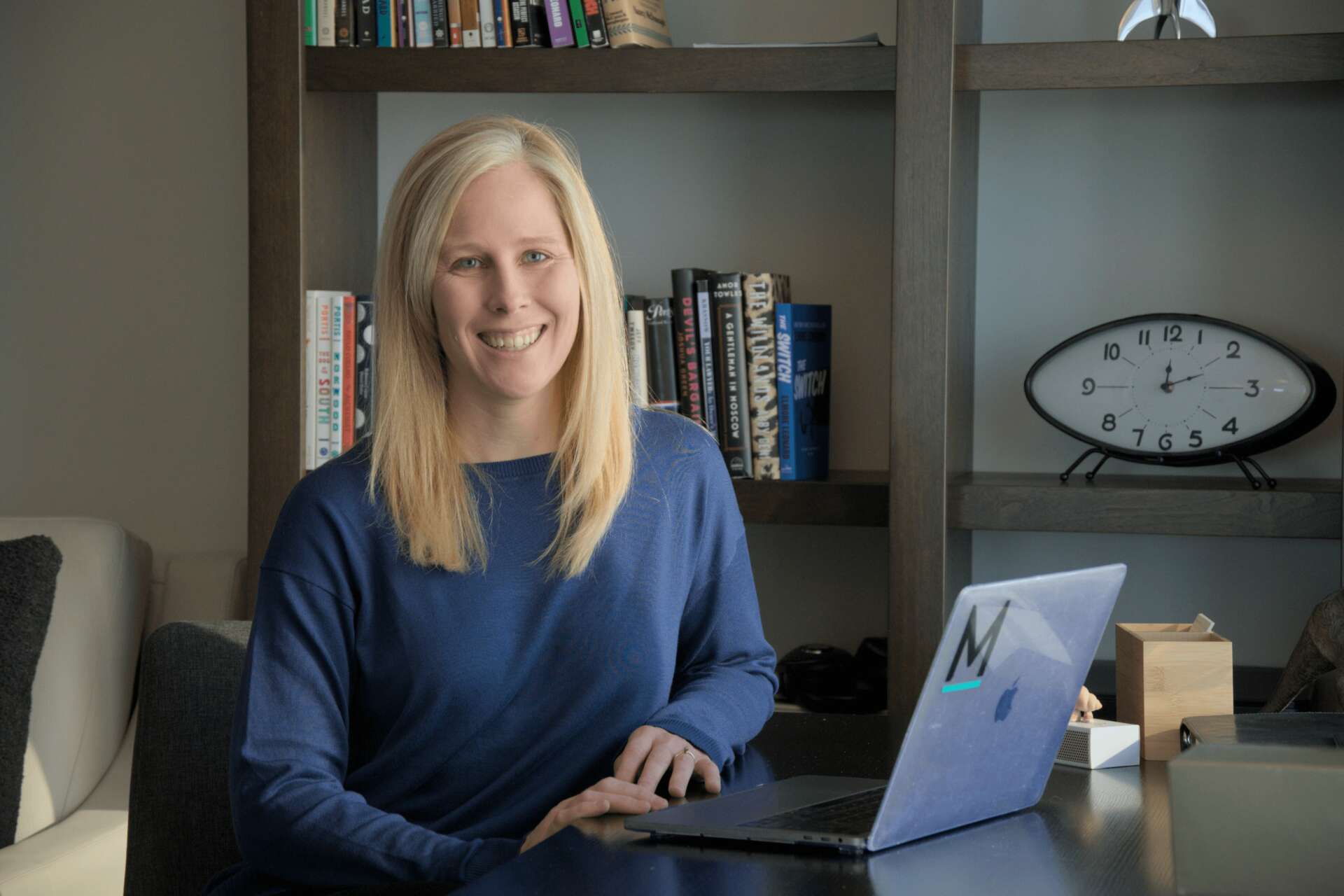We caught up with the brilliant and insightful Sarah Zera a few weeks ago and have shared our conversation below.
Sarah , appreciate you joining us today. We’d love to hear the backstory of how you established your own practice.
I never thought I’d be a business owner. I always said I wanted to work for a large organization that would help me to stay abreast of policy changes. But as my career developed and I became an educator, I found myself teaching entrepreneurship as part of the occupational therapy curriculum. At the same time I was watching occupational therapists who had been my students becoming business owners which was super exciting to see. Finally, through the pandemic I realized I no longer wanted someone else dictating how I worked.
I began slowly. I applied the knowledge I was sharing with my students about entrepreneurship and took advantage of resources available to occupational therapy practitioners to start their own businesses. I worked on developing my business after work. When I was ready, I sent out an email to my entire personal email contact list and let people know I was in business. My first three referrals were developed from that email!
I gradually started seeing clients after work. My days were long but incredibly rewarding. I was so excited to be building something new and doing the work I wanted to do.
Most of my growth has been through word of mouth. I talked to as many other private practitioners as I could. I worked with other private practice owners to build a local network to support each other. Bit by bit my caseload grew. I was fortunate to be able to switch to adjunct status at the University. I worked part time teaching courses and part time in my business. It was so much more fun to teach entrepreneurship when I had my own life experience to share with the students! Eventually, I found that my business was requiring more time from me and I wasn’t able to give my teaching work the attention it deserved. I made the challenging and exciting decision to stop teaching and work in my business full time.
I have few regrets. I am grateful I built slowly and had the time to develop my business the way I envisioned it. I have a few key pieces of advice for healthcare professionals striking out on their own. The first is do your homework. We have an even greater number of policy requirements to follow than other businesses. There are a lot of super helpful resources out there to guide you. Take the time to find them and use them. Probably the most important lesson I have learned is “find your people.” Find other business owners you trust and can connect with. These folks can help you problem solve when you need it, be a great referral source, and even provide emotional support. That being said, don’t think that you need to pay for high ticket coaching program to get started. I chose to use a book that provided a step by step guide. Know that there are a number of different ways to get the support you need.
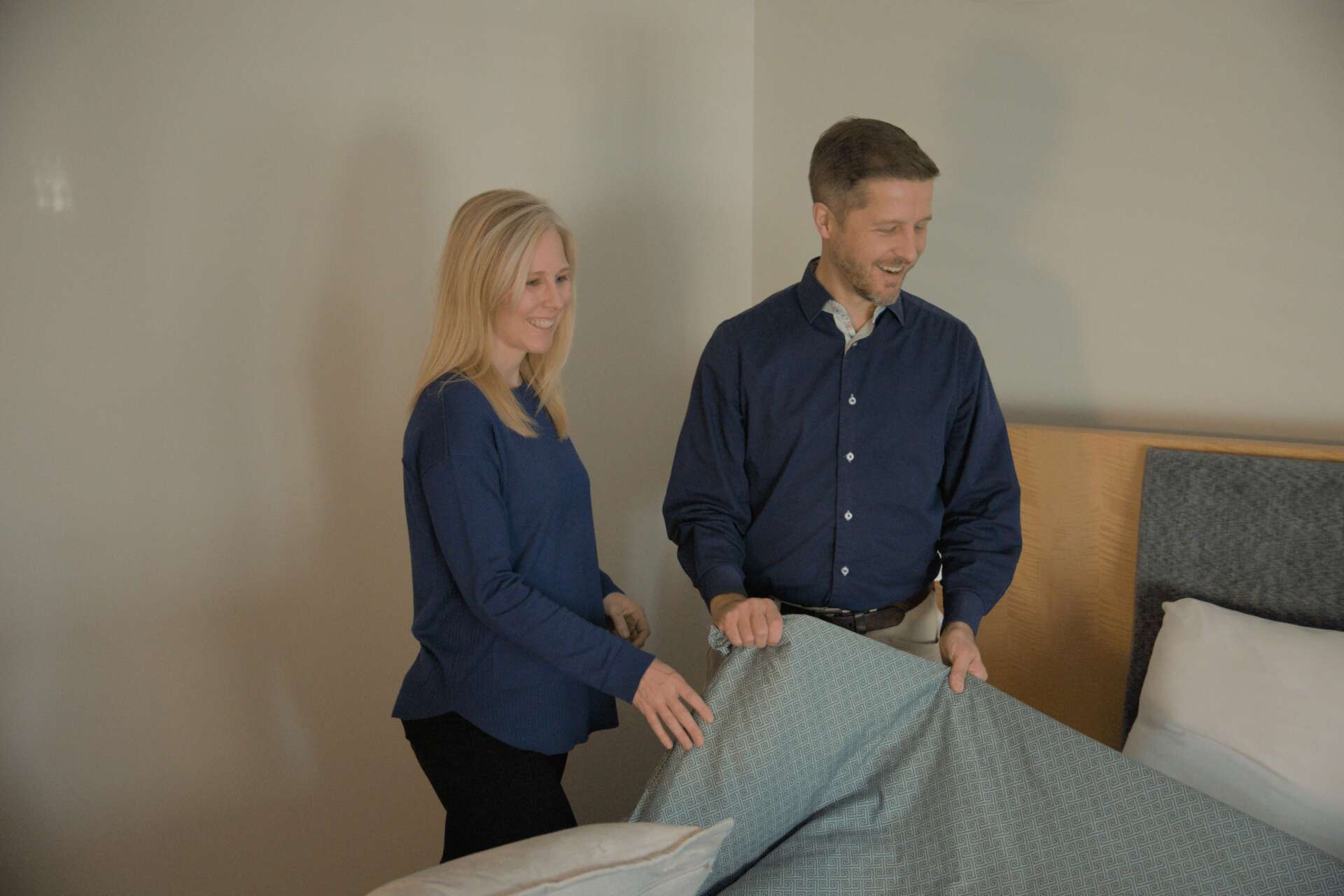
Awesome – so before we get into the rest of our questions, can you briefly introduce yourself to our readers.
Growing up, two important people in my life had disabilities. My uncle lived with quadriplegia and my great grandmother had low vision. This gave me first hand knowledge of what is possible when living with a disability. These experiences also showed me the many barriers people with disabilities face on a daily basis.
I can’t say these experiences directly led to my career as an occupational therapist but I know I felt confident going into a career working with people with disabilities. I sort of fell into occupational therapy (OT). I knew I wanted to work in health care and my university offered a degree in occupational therapy, So I thought I’d apply to the program. The more and more I learned about OT the more I realized how well the career suited me. I love OT because it requires connecting with others and supporting their ability to live their most meaningful life. It’s all about the doing and that’s a perfect fit for me.
Now I have been working as an occupational therapist since 2002. I have helped many people return to doing the things they want to do and need to do. As I have grown as an occupational therapist I realized the healthcare system can do better. Traditional rehabilitation services are vitally important. However, many people “graduate” from rehabilitation but do not return to doing the things in life that matter to them most.
In 2013 I returned to school to study the most effective approaches to help my clients return to their most life-affirming activities. My doctorate in occupational therapy has propelled me to open Moxie OT. At Moxie OT, I have the great fortune of working with my clients in the places where they live their lives.
My practice is completely client centered and collaborative. At our first visit I spend a good amount of time just getting to know the client and what is important to them. I have standardized tools I use to help them identify what areas of improvement are most important to them. We work together to set their goals for therapy.
My preferred approach to occupational therapy is a problem solving approach. Instead of trying to fix the body, the client and I work together to find strategies to help them do the things they need to do and want to do. I’ve helped my clients get back to or improve on doing so many different things including participating in church activities, playing tennis, preparing for job interviews, and managing daily schedules. I’m extremely honored to collaborate with my clients to help them live their most meaningful lives.
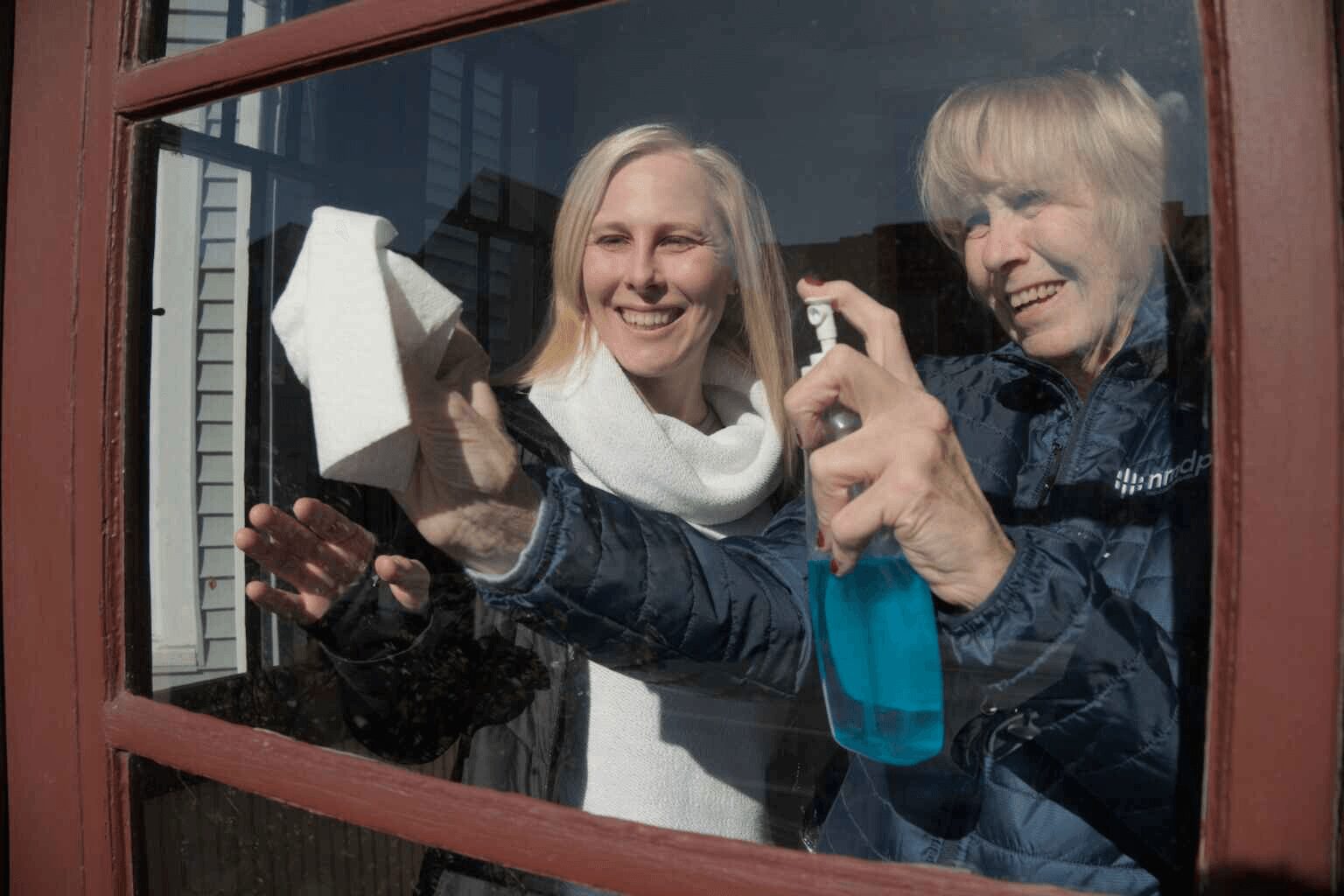
Can you tell us about what’s worked well for you in terms of growing your clientele?
The most effective strategy for growing my clientele has been networking. Most of my referrals come from other therapists. And believe it or not most come from other occupational therapists. Many healthcare business coaches will use the slogan “collaborate don’t compete” and I have found this to be sound advice.
The most typical reason other occupational therapists refer to me is because I cover an area of the city they don’t cover. But we also spend a lot of time getting to know each other and can to refer to the most appropriate therapist when we are not the right fit for a client. I love working in this space because all of the providers I collaborate with are truly out to provide the best service we can for the client. This feels like a huge change from corporate healthcare and I’m glad we can use our clinical judgment to find the best health care provider for each client.
Finding people who are seeking the same clients can also be very helpful. A speech therapist who was a former co-worker of mine specializes in the same clientele as I do. We often work very collaboratively with our clients. Because we have worked together for so long even before our entrepreneurial journeys we trust each other and know what the other person brings to the team. Most recently she has become my best referral source and we are actively exploring other ways we can capitalize on our connection.
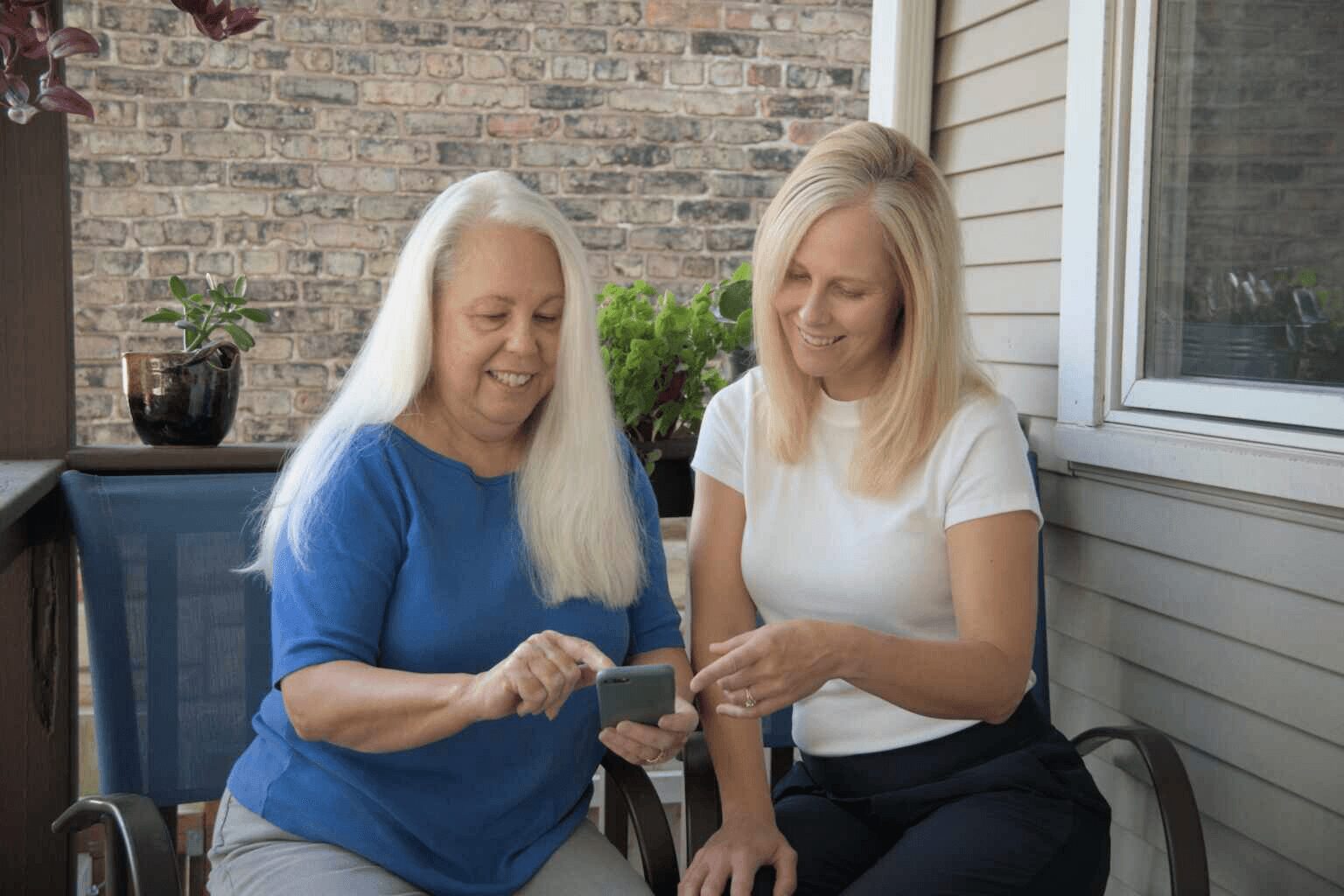
Learning and unlearning are both critical parts of growth – can you share a story of a time when you had to unlearn a lesson?
A lesson I have had to unlearn and am still struggling with is living with a scarcity mindset. I grew up learning to value having a steady job and regular income. One reason I went to school to become an occupational therapist is because it results in a job. I never considered majoring in literature or psychology because those degrees didn’t prepare you for a specific career. This mindset served me well for many years. My husband and I were able to pay off our student loans, purchase a nice car, and a nice home.
But to take the leap into entrepreneurship you have to develop an abundance mindset. I have to trust that I have the skills to develop this business and support myself. I have to trust that I have the ability to work hard and seek the resources necessary to make this work.
Beyond my own finances, an abundance mindset is extremely important for working with others in this realm. It can be very easy to see other occupational therapists working in my community as direct competition. I work very hard to flip that switch in my head. I see the other occupational therapists as some of my greatest supporters. They are often the first people I go to when I have questions. And as I mentioned earlier they are often my best referral source. I can only benefit from others marketing OT and helping more people to understand our services. The abundance mindset has been incredibly helpful for me.
Contact Info:
- Website: https://www.moxieto.com
- Instagram: @moxieot
- Facebook: @moxieot
- Linkedin: https://www.linkedin.com/in/sarah-zera-moxieot/
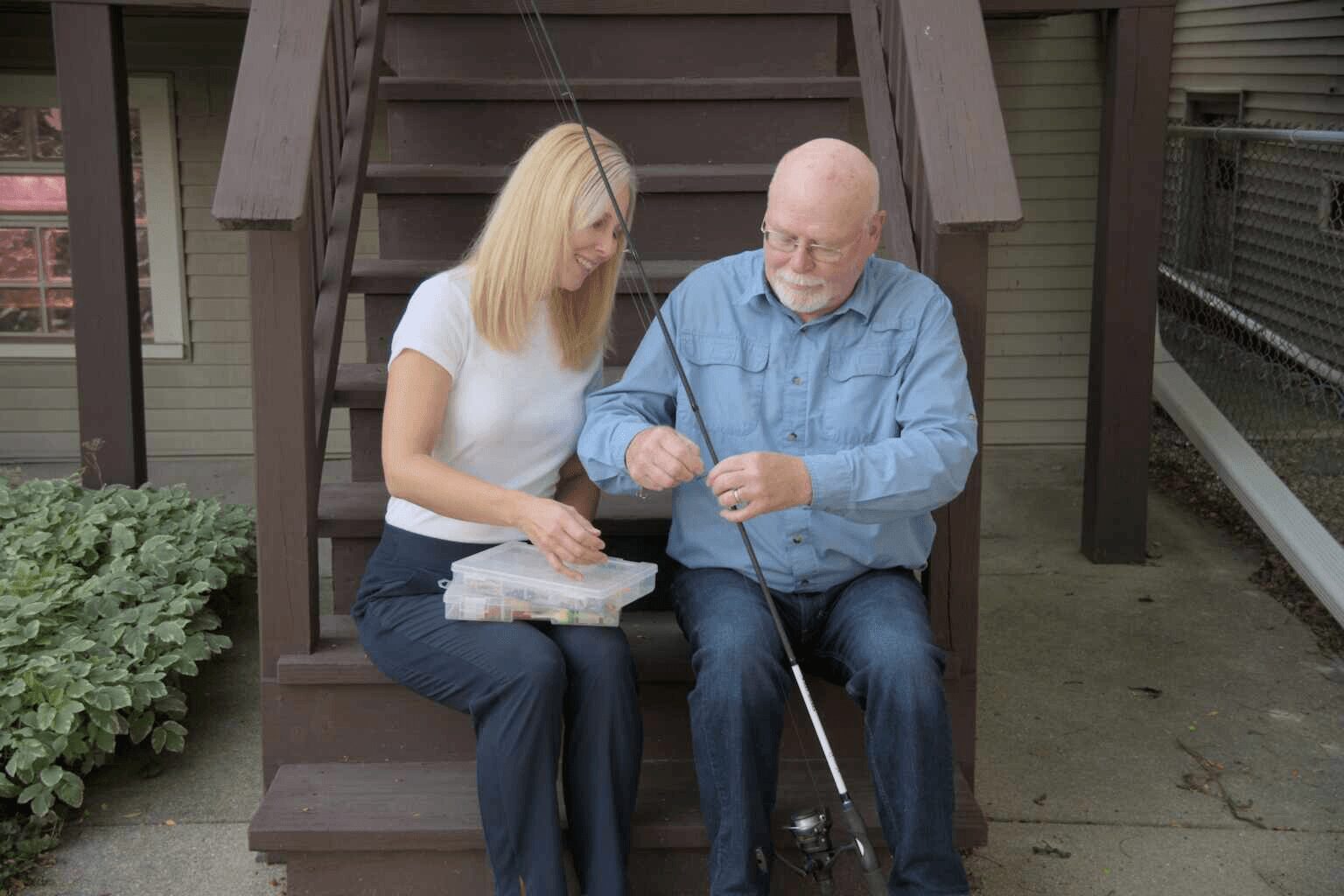
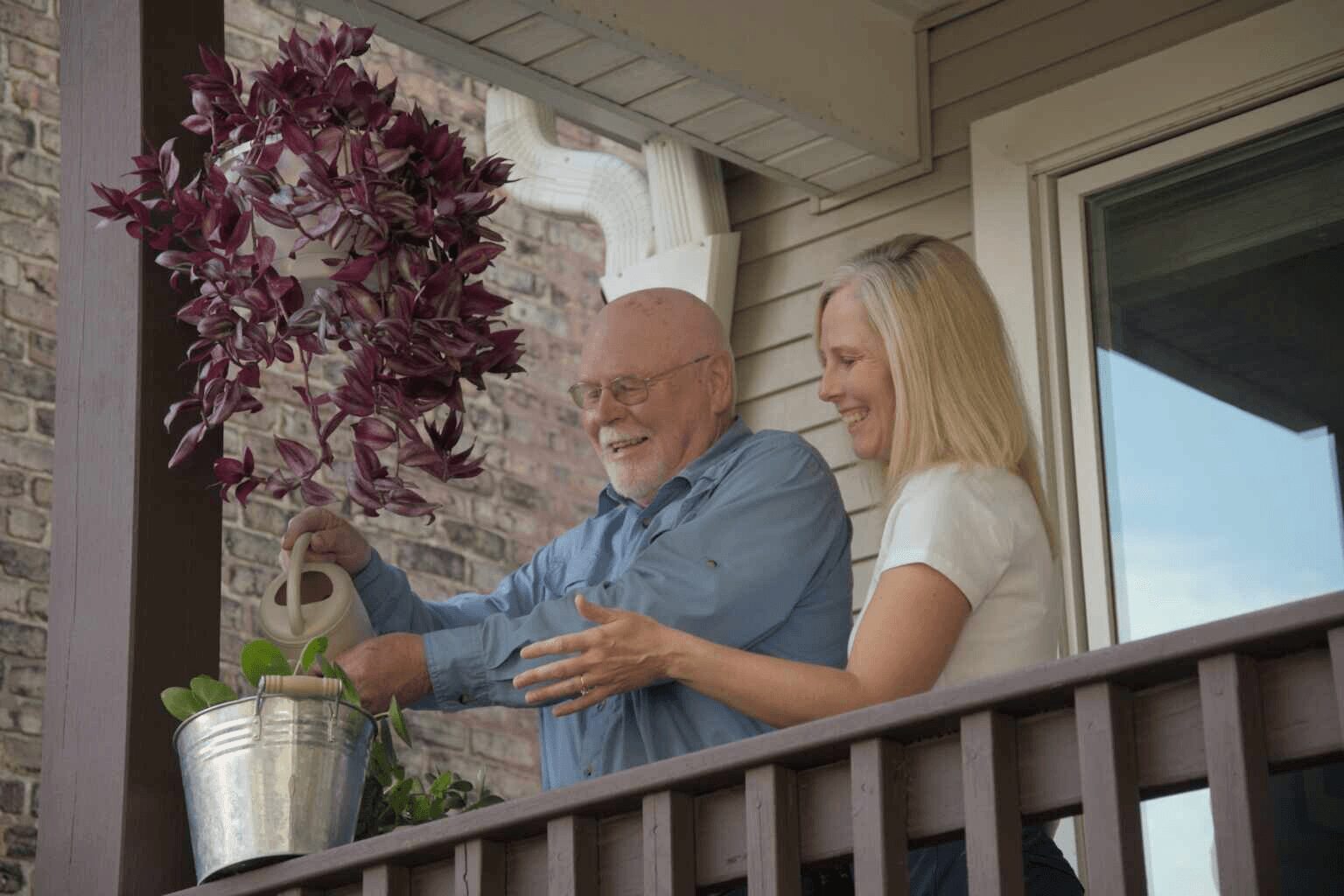

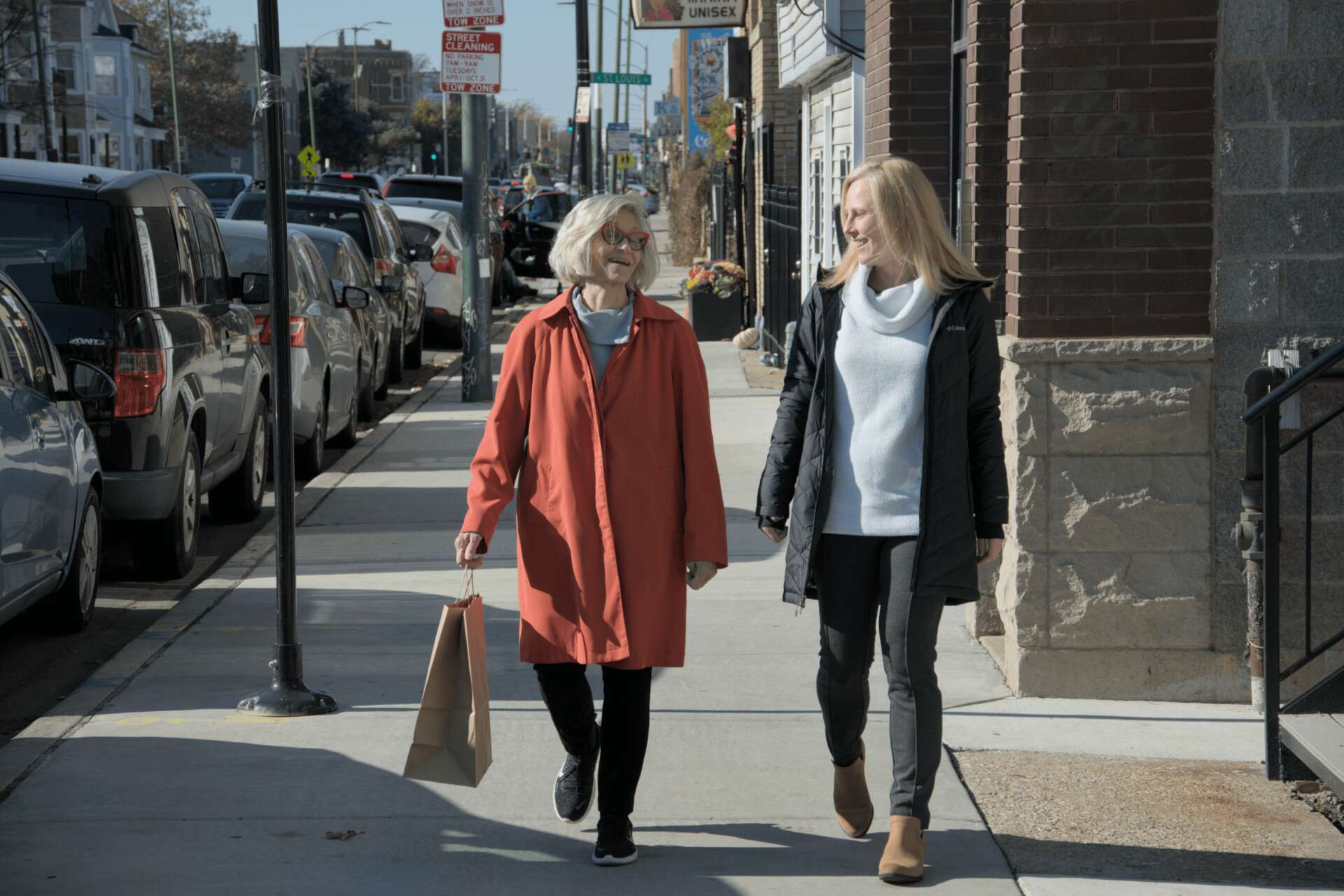
Image Credits
Bryan Zera, Zera Productions


